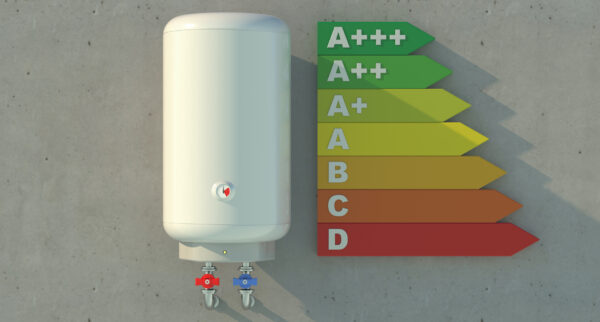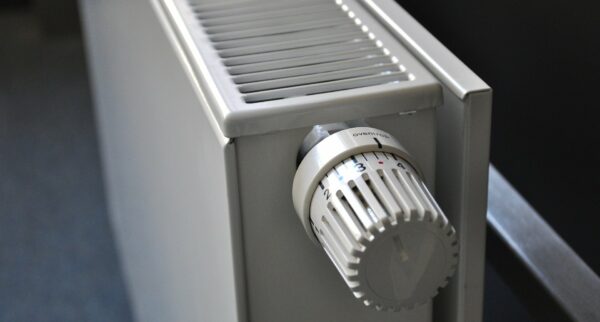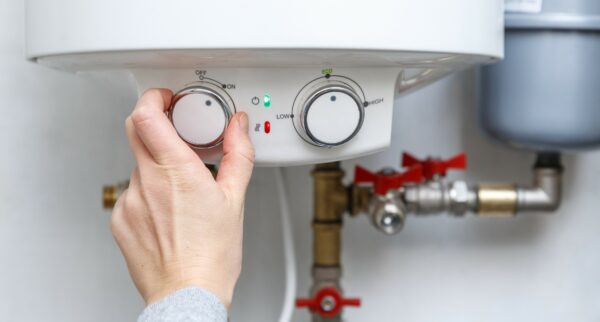
For many people in many parts of the world, air-conditioning is a godsend. Without air-conditioning we would have to rely on fans to keep us cool and, while they do help, they are nowhere near as effective as air-conditioning is. Such was its popularity amongst the public, that movies were more likely to become box office hits during the summer as crowds poured into the air-conditioned cinemas to cool down.
Back in those days, air-conditioning was something of a novel luxury but nowadays it’s something that we tend to take for granted. The technology has advanced to make air-conditioning units more effective and more efficient, and in the 1960s, they started becoming common in homes.
Although we do tend to take them for granted, we soon realize how much we appreciate air-conditioning when our unit stops working. This leads a lot of people to wonder how an air-conditioning unit works.
What Happens Inside an Air-conditioning Unit?
An air-conditioning unit works with help from 5 main components. These components are:
- Refrigerant: Refrigerant is a specialized chemical that changes from gas to liquid and back again depending on pressure and heat. It’s this ability that makes refrigerant one of the key components of your air-conditioning unit.
- The Condenser: The condenser blows warm air from your room over the condenser coils that contain the refrigerant, causing the refrigerant to warm up and condense into a liquid. The condenser then sends the refrigerant to the compressor.
- The Compressor: The compressor, which is usually located outside of your home, then compresses the refrigerant causing it to become denser and hotter. Once this happens, the refrigerant can pass through to the evaporator through a regulating valve known as the expansion valve.
- The Evaporator: When the compressed refrigerant reaches the evaporator it expands, causing it to become less dense and turn back into a liquid. When refrigerant expands and evaporates in this way, it cools down and cools the evaporator coils with it. A blower is then used to blow cooled air from the evaporator coils into the room. Warm air over is then blown over the coils, causing the refrigerant to warm up and the process starts again.
- The Expansion Valve: The expansion valve regulates how much refrigerant is allowed to pass through to the evaporator so it can evaporate and cool. By regulating how much refrigerant can pass into the compressor, the expansion valve adjusts the temperature of the air being blown out from the air-conditioning unit.
Although an air-conditioning unit helps to make the temperature of a room more comfortable, this is not the only benefit it gives us.
Another benefit of an air-conditioning unit is that it helps to filter dust, debris, and pathogens from the air. You may have seen the filter of an air-conditioning unit that has not been cleaned for a while and noticed just how much dust there is on the filter. This has all been taken from the air that you are breathing. Removing this dust from the air can help to reduce allergy symptoms and respiratory problems, and lower the spread of disease.
Another advantage of having air-conditioning is being able to keep the windows closed on hot evenings. You might otherwise have bugs flying into your room while having the windows open will also mean you will have to put up with more noise from outside.
How do Portable Air-Conditioners Work?
You will likely have also seen portable air-conditioners. They can usually be moved from room to room as needed and only need to be plugged into the mains electricity supply with no extra pipes or tubes needed. These work with a different system to standard air-conditioning units, however.
Portable air-conditioners tend not to use refrigerants. Instead, the air is blown through a fine mist of water and, when this moisture-laden air is blown out of the unit, the moisture evaporates. When the moisture evaporates, it cools, creating the effect that makes them work. As a result, the air blown out from a portable air-conditioner tends to be moist, which means a dry room is usually needed for it to be effective. Regardless, they can still be very useful in some circumstances regardless of the environment.
If you do experience any problems with your air-conditioning unit, one thing you can try doing is opening the panel at the front, if there is one, and see if the filters need cleaning which you can easily do yourself. Other than that, it’s better to call in a professional to do the job for you. Any of the moving parts can develop a problem, while leaks and blockages can also occur, and it will take a trained expert to be able to identify and fix the problem. Also, remember that regular maintenance will help prevent problems from occurring and reduce the need for repairs.




